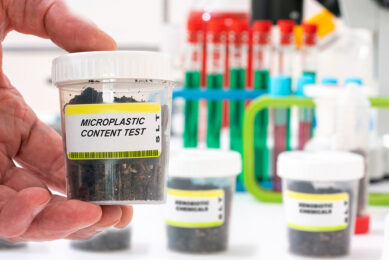Research: Converting lionfish into aquafeed

A team of researchers from Mexico have developed technology to use processed lionfish (Pterois sp) as as feed to fatten yellowtail snapper that are farmed in floating cages in the area
The researchers, from the Regional Fisheries Research Centre of Puerto Morelos and the Multidisciplinary Unit of Teaching and Research of the National Autonomous University of Mexico (UNAM), have developed the Processing Manual for the Transformation of Lionfish into Feed for Marine Fish Farming, which details the technological processes for the preparation of the feed derived from lionfish processing.
Lionfish processing for fish feed includes three stages:
• Preparation of silage, which is a preservation process that contributes to maintaining the product nutritional qualities;
• Dehydration to obtain fishmeal;
• Preparation of food with nutritional supplements made from silage fishmeal.
• The lionfish protein will be used for high quality food processing at a lower cost, which will be beneficial to farmers and mariculturists in the country.
Researchers also hope that their research will also help mitigate the spread of this predatory fish, which is a threat to other resources of commercial interest in western Atlantic waters
Lionfish is native to coral reefs in the Indian Ocean and the western Pacific Ocean, and belongs to the family Scorpaenidae. It is found from southern Japan to Micronesia, Australia and the Philippines. It has a high growth rate and a monthly reproduction and early sexual maturity. Moreover, it is immune to local parasites, which has contributed to increasing its presence in Atlantic waters. It is currently a risk to fish, molluscs and crustaceans in the areas of the Mexican Caribbean reef because it feeds on them and competes for habitat.
Inapesca, Quintana Roo Produce Foundation and UNAM have planned that fishermen, cooperatives and the general public should obtain information and techniques for processing this species.











